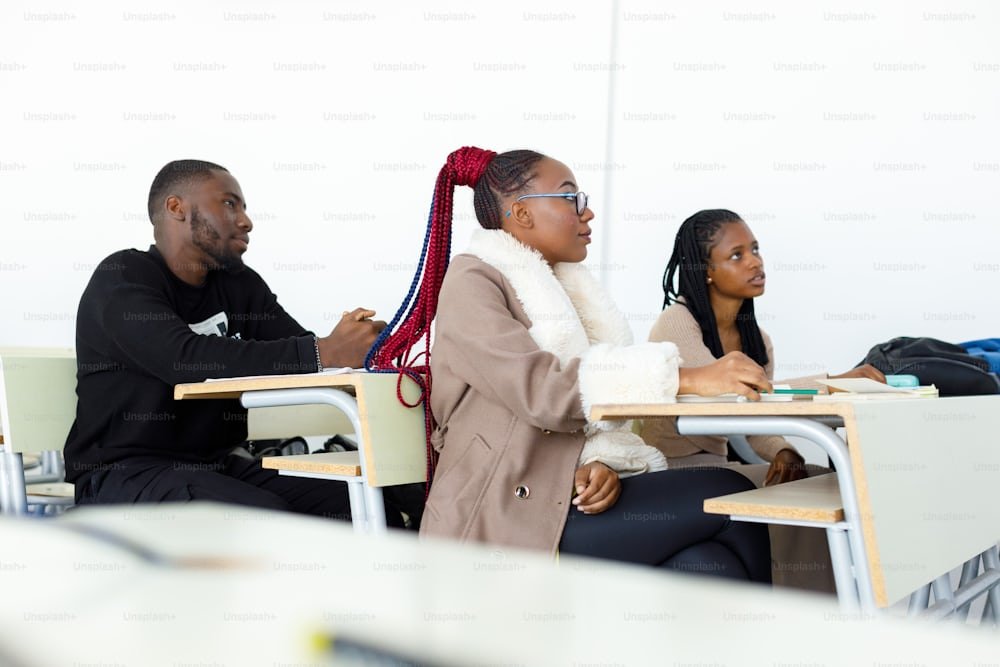Harvard Law School (HLS) has long been a prestigious institution that shapes the future of legal scholars, policymakers, and leaders worldwide. Over the years, African American students at HLS have faced unique challenges, navigating both the elite academic environment and broader societal inequalities. One significant aspect of their journey has been their participation in African American fraternities, which have played a crucial role in fostering community, support, and professional advancement. Among those who have contributed to this legacy is Logan Oney, a name that resonates with leadership, advocacy, and fraternity culture within Harvard Law’s Black student experience.
This article explores the impact of Logan Oney on African American fraternities at Harvard Law School, his contributions to Black student life, and the broader significance of Black Greek-letter organizations (BGLOs) in elite academic institutions.
The Role of African American Fraternities at Harvard Law School
African American fraternities have historically provided a sense of belonging, academic support, and professional networking for Black students in predominantly white institutions (PWIs) like Harvard. These fraternities, many of which are part of the “Divine Nine” (the nine historically Black Greek-letter organizations), emphasize leadership, scholarship, and community service.
At Harvard Law, these fraternities have served as more than just social groups; they have been essential in promoting Black excellence, advocating for racial justice, and providing mentorship for incoming Black students. Given the small percentage of African American students at HLS, fraternities and similar student organizations have played a key role in creating a supportive and empowering environment.
Who is Logan Oney?
Logan Oney is a prominent figure known for his contributions to African American fraternity life at Harvard Law School. His influence extends beyond just being a member of a fraternity—he has actively worked to strengthen fraternity culture and its impact on Black students’ experiences at HLS. Through leadership roles, advocacy, and community engagement, Oney has helped shape how African American fraternities function at one of the world’s top law schools.
While his precise biographical details may not be widely documented, his involvement in fraternity life at Harvard Law has been noteworthy. He is recognized for pushing initiatives that enhanced Black students’ networking opportunities, legal career prospects, and community engagement.
The Impact of Logan Oney on Fraternity Life at HLS
Logan Oney’s contributions to fraternity culture at Harvard Law School can be seen in several key areas:
Strengthening Brotherhood and Networking
One of the key elements of any fraternity is its strong sense of brotherhood. Oney played a crucial role in reinforcing this bond among Black law students, ensuring that fraternities provided not only social connections but also professional support. Through mentorship programs, alumni engagement, and networking events, he helped create opportunities for Black students to connect with successful African American attorneys, judges, and policymakers.
2. Promoting Academic Excellence and Leadership
Oney emphasized the importance of maintaining high academic standards while being actively involved in fraternity life. He encouraged fraternity members to excel in their legal studies, seek leadership positions in student organizations, and contribute to discussions on race, law, and policy. His efforts ensured that African American students were not only part of the HLS community but also influential in shaping its direction.
3. Advocating for Diversity and Inclusion
At a time when racial diversity and inclusion are crucial issues in elite institutions, Oney worked to ensure that Harvard Law remained committed to these values. He collaborated with faculty, administration, and other student organizations to advocate for policies that would benefit Black students, such as increasing scholarship opportunities, hiring more Black faculty members, and addressing racial disparities in legal education.
4. Engaging in Community Service and Social Justice
African American fraternities have a strong tradition of giving back to the community, and Oney was deeply involved in initiatives that aligned with this mission. He helped organize pro bono legal aid programs, community outreach efforts, and discussions on racial justice issues. His work reflected the fraternity’s commitment to uplifting not only its members but also the broader African American community.
5. Encouraging Future Generations
One of the lasting impacts of Logan Oney’s efforts is his role in inspiring future Black law students to engage in fraternity life and advocacy. By setting an example of leadership, resilience, and excellence, he has ensured that African American fraternities at HLS continue to thrive and support future generations of Black legal professionals.
The Broader Significance of African American Fraternities in Elite Law Schools
The presence and influence of African American fraternities at institutions like Harvard Law School are significant for several reasons:
- Support System for Black Students: Fraternities offer a sense of community in an environment where Black students often find themselves in the minority. They provide a safe space to discuss shared experiences, find mentors, and build lasting friendships.
- Professional Development: Through networking events, mentorship programs, and career workshops, Black fraternities help students access opportunities that might otherwise be difficult to secure.
- Advocacy and Social Justice: Many fraternity members become involved in civil rights advocacy, using their legal education to challenge systemic racism and promote social justice initiatives.
- Alumni Connections: The strength of an African American fraternity extends beyond campus life, as alumni networks provide lifelong professional support and career advancement opportunities.
Challenges and Future Prospects
Despite their positive impact, African American fraternities at elite law schools face challenges such as limited membership, institutional resistance, and financial constraints. Ensuring the continued growth and relevance of these organizations requires ongoing efforts in recruitment, alumni involvement, and financial support.
Looking ahead, fraternity leaders at Harvard Law School and beyond must continue to adapt to the changing landscape of legal education. Expanding digital networking opportunities, increasing collaborations with other minority organizations, and strengthening ties with law firms and public interest groups will be crucial in maintaining their impact.
Conclusion
Logan Oney contributions to African American fraternity life at Harvard Law School reflect the broader role of Black Greek-letter organizations in empowering and uplifting Black students in elite academic institutions. Through leadership, advocacy, and mentorship, he has helped shape an environment where Black students can thrive academically, professionally, and personally.
As Harvard Law continues to evolve, the legacy of figures like Logan Oney serves as a testament to the importance of community, resilience, and excellence in legal education. African American fraternities will undoubtedly continue to play a vital role in shaping the future of Black lawyers, ensuring that the doors of opportunity remain open for generations to come.










